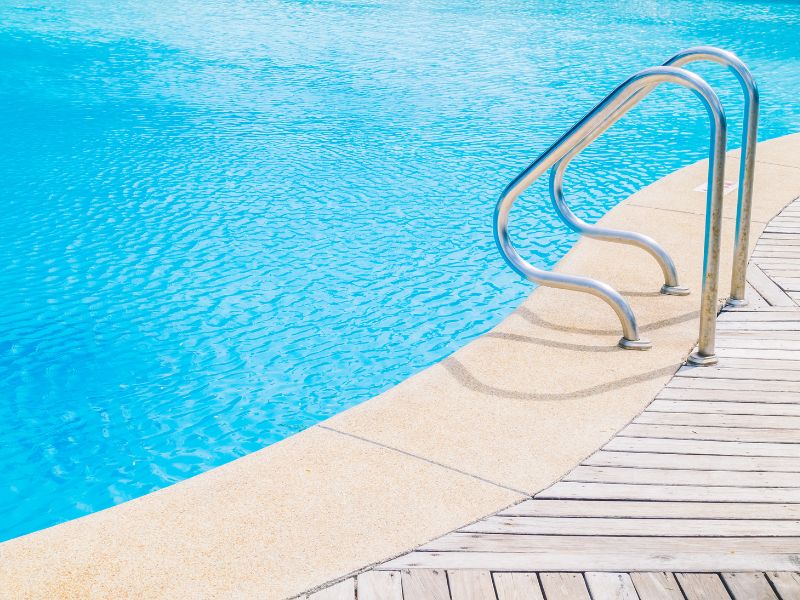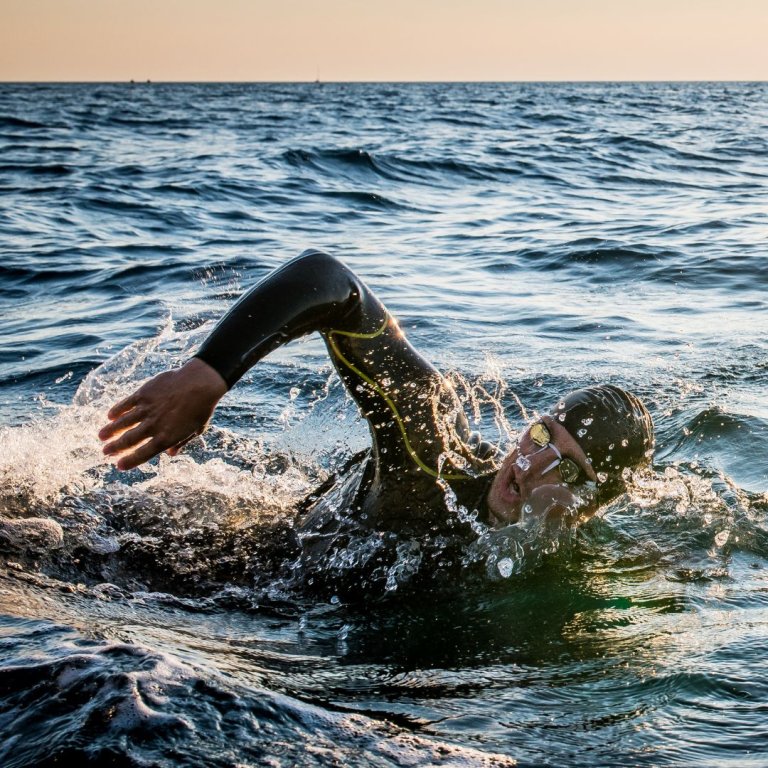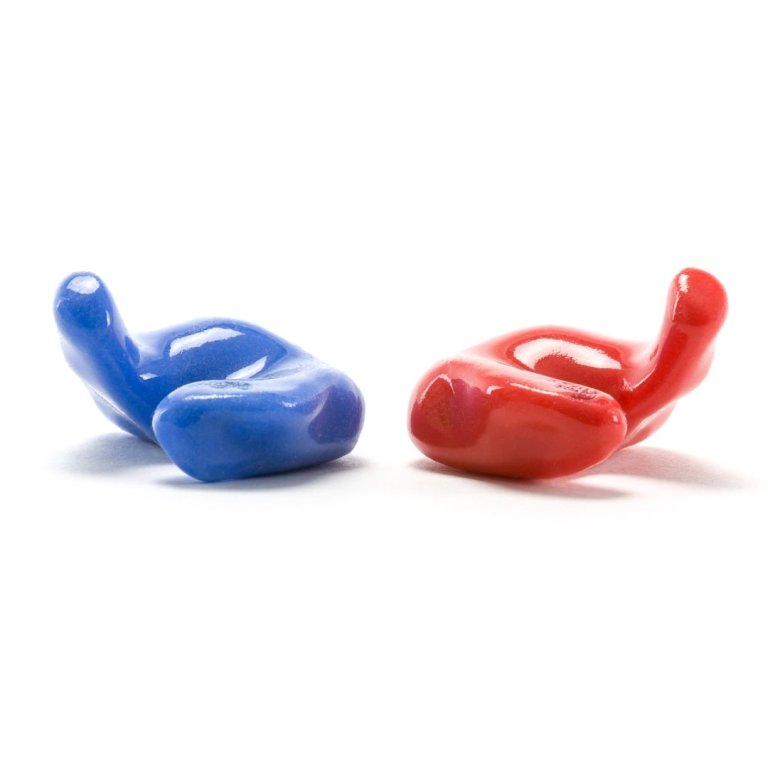The Dos and Don’ts for getting water out of your ear
The most important thing here is not to stick anything in your ear to try to get the water out! Cotton buds, fingers, hairpins … none of these should go anywhere near your delicate inner ear canal.
Sticking things in your ears can actually worsen the problem. Instead, you can:
- Dry the outside of your ears thoroughly with a towel after swimming or bathing
- Lean your head to one side to coax any water out
- Chew and move your jaw to stimulate the ear canal
- Gently tug on your outer ear to open the canal and let water out
If these methods aren’t working, and you think you are experiencing an inner ear infection or middle ear infection, visit your GP or book an appointment with your audiologist.



